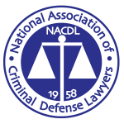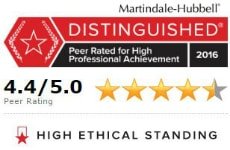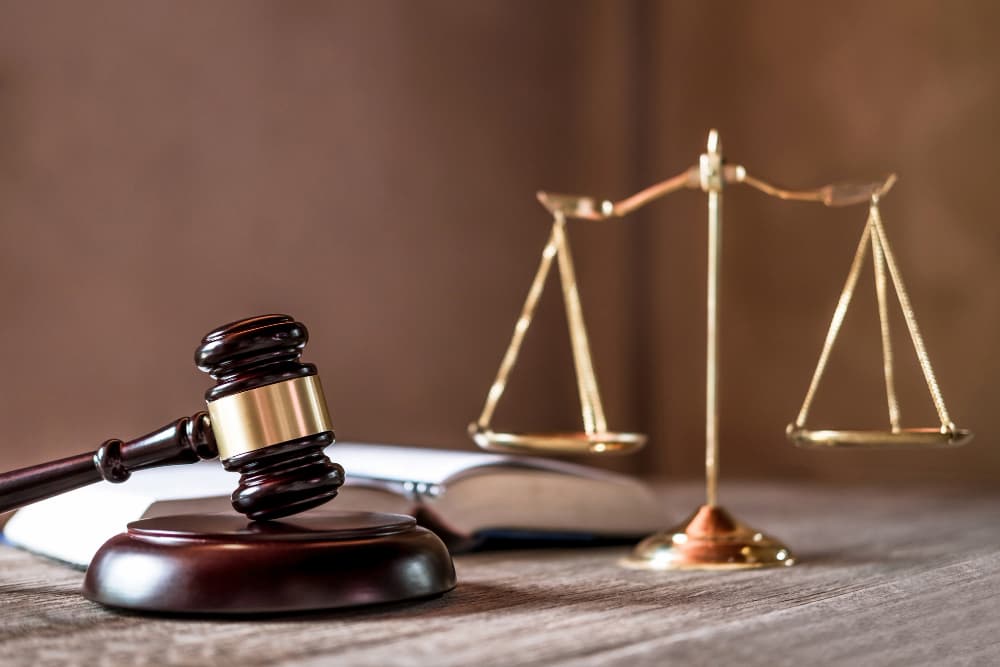Folks are almost always stressed out to the maximum and often intimidated when meeting with an attorney. That stress level is heightened when meeting with an attorney about an OUI arrest. So many attorneys hold themselves out as OUI “specialists” or just “OUI Attorneys” that it is tough to make a decision regarding whom to hire.
Here are five questions and follow ups to ask a prospective attorney with whom you are consulting on an OUI case. Remember, this is your case and you should not feel intimidated about asking questions .
1. What should I do NOW?
The attorney should provide you with a road map. OUI cases, while not the most serious criminal charges in our state, are by far the most complex procedurally. The attorney should provide you with a map of the mine field that lies ahead. He should prepare you to anticipate and best arm yourself for every single contingency. You should leave that initial consultation feeling a lot better than when it began.
Ask yourself when you leave: Do I have a much better understanding of this complex process now versus when I came here? Did the lawyer explain the administrative process, the criminal process, the DEEP program, the license suspension process, the ways to minimize my suspension, the toxicological, chemistry and scientific defenses that I may have?
We answer all of those questions and more. We conduct thorough free initial consultations that usually last an hour and a quarter to an hour and a half to prepare you and us to zealously and effectively defend your case.
2. How many trials have you won in OUI cases with chemical test results?
The “defendant wasn’t driving” defense does not count. If you took a chemical test (breath, blood or urine), you want to know if the prospective attorney has a history of “beating” those tests at trial. Don’t be fooled: DAs will sometimes concede that cops messed up a test or that the result is so low, that the DA will offer a reduced charge. The key is how many times the lawyer has obtained acquittals in test cases from juries or judges after a full blown trial.
Although about 97% of criminal cases, including OUIs, do not end up in trials, you need the best defense attorney to obtain the optimum opportunity for a reduced charge plea offer and/or to obtain a not guilty verdict after a trial.
Check out our sample cases for some examples of the relatively few cases that have gone to trial.
3. What is your education/background/qualifications in chemical testing (breath, blood and urine)?
Most OUI cases involve one or more of the above-referenced type of chemical tests. The number produced thereby is often not reliable beyond a reasonable doubt or, in some cases, not reliable at all. Ask your prospective attorney about his knowledge, education and experience with these issues. In reality, the prospective attorney should explain these issues to you without the need for you to ask.
I am certified Intoxilyzer operators. I have testified as an expert witness on the operation and functioning of the Intoxilyzer in Federal Court. John and I both have extensive gas chromatography (the instrumentation used to analyze blood and urine samples for alcohol and drug concentrations) training from Harold McNair, the foremost gas chromatographer in the nation, perhaps the world. As a practical matter, that is why we get such good results in plea negotiations and at trial. Ask your prospective attorney if he has that type of training and experience.
4. How much teaching and consulting do you do regarding OUI cases, in other words, are you “The Man” or “The Woman” in OUI cases?
Ask the prospective lawyer these questions. Then ask whose seminars do they attend on OUI defense? To whom do you and all other Maine defense lawyers turn for help with your OUI cases? The answer will inevitably be: Matt Nichols or Wayne Foote (my dear friend, colleague and OUI defense attorney extraordinaire from Bangor).
The two of us have been teaching, with few exceptions, all OUI seminars to Maine defense attorneys for the past 20 years. Ask your prospective attorney what he has done? If he says he has never attended one of our seminars and/or received assistance on an OUI issue from us, run away fast.
5. What percentage of your practice is dedicated to OUI defense?
Many lawyers claim to be OUI specialists or OUI attorneys. The fact is that OUI defense is a highly specialized area of criminal law. I spent the first four years of my practice defending violent felony cases. I tried a lot and won a lot. For the last 22 years about 95% of my practice has been focused on OUI defense. I do not, as many self-proclaimed OUI specialists, spend my time handling divorces, personal injury, real estate cases, etc. Iam not able or willing or desirous to be a “jack of all trades and master of none”. I choose to do one thing and to do it very well. Is your prospective OUI Lawyer “really” an OUI specialist? Ask him.
BONUS QUESTION: What are my odds?
This is a frequently asked question at initial consultations. My answer: If you are interviewing five lawyers, immediately cross off your list anyone who answers this question. It is a great question to ask. The lawyers who answer it are the ones who do not intend to do anything for you after they get your check. There are a hundred rocks to look beneath in every OUI case after the initial consultation. The lawyers who answer that question at the initial consultation either do not know where the rocks are or do not plan to look.
Contact us today for a free case review and spend an hour hearing what we have to say about your pending OUI charges.
Disclaimer: This article is intended to provide general, not specific, information about Maine law. The publication of this article does not constitute an attorney-client relationship between the author(s) and the reader(s).





